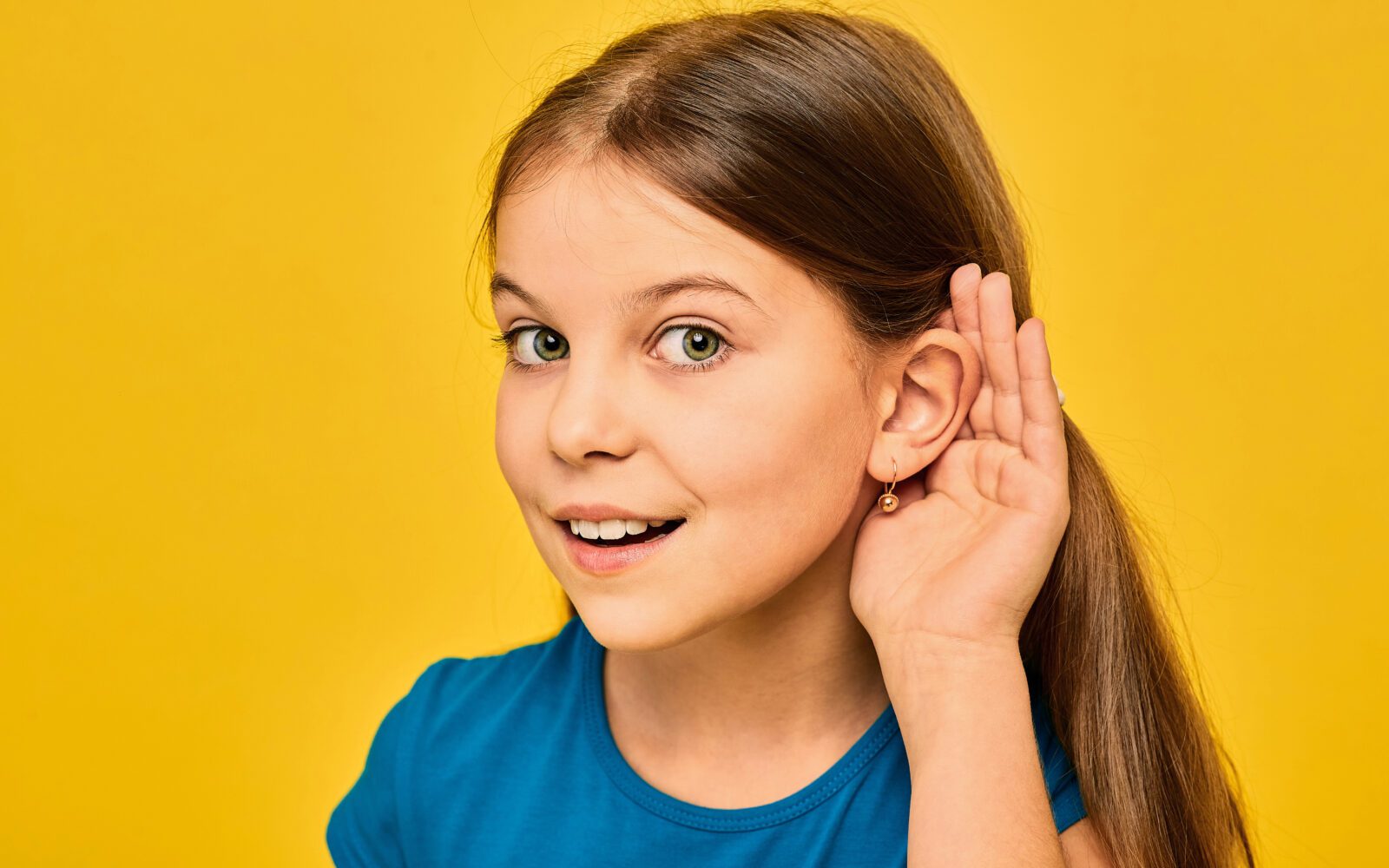Peace Of Mind With Beltone: A Guide To Our Hearing Aid Warranties
Choosing a new hearing aid can be complex, yet the proper support can
Now part of the Beltone Hearing Care Network, visit www.beltonesound.com for a complete listing of all locations in the US


Choosing a new hearing aid can be complex, yet the proper support can

Hearing loss affects millions worldwide, and for many, it’s a

Experiencing hearing loss can pose a significant challenge for many